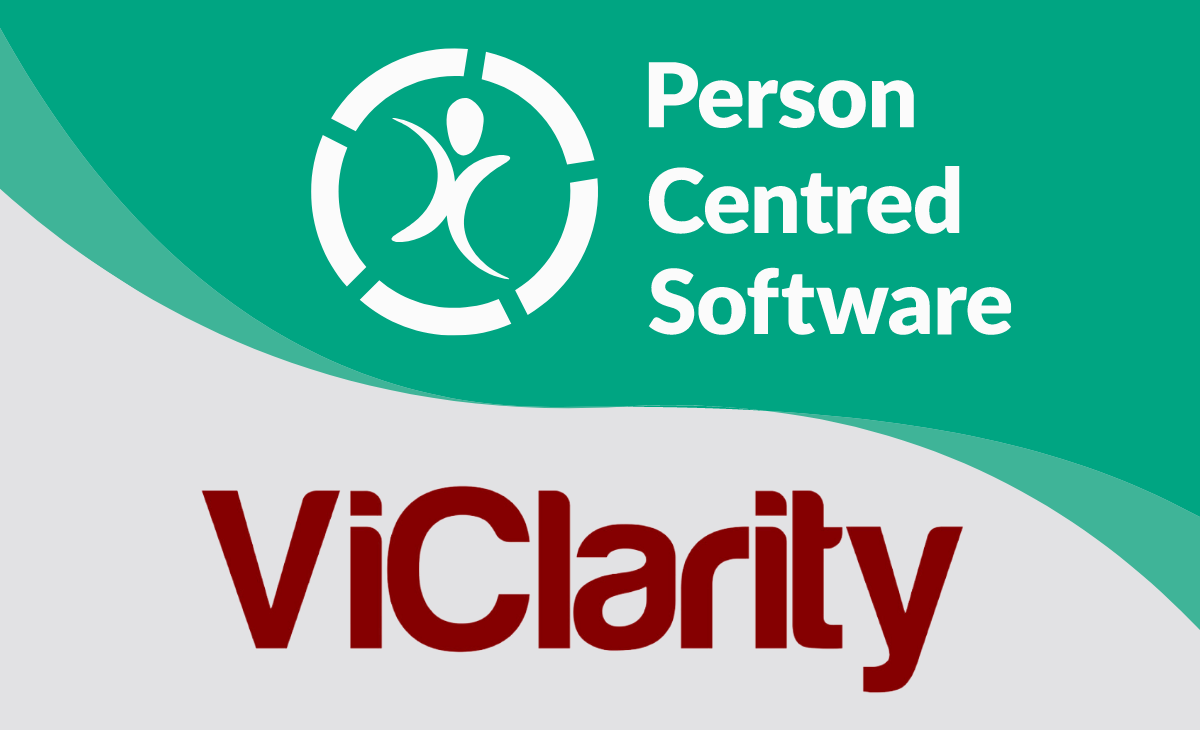.jpg?width=508&name=PCS_Ascom%20Hero%20Phone%20and%20logo_4x3%20(1).jpg)
Published in Care Home Professional, DIGIT, Care Home Environment, Health Tech World, The Press and Journal, FutureScot.
One of the UK’s leading providers of digital care technology is increasing connectivity and collaboration in care homes north of the border - putting Scotland at the forefront of digitalisation in social care.
Care providers in Scotland are more connected than ever thanks to Person Centred Software’s Mobile Care Monitoring system, which allows staff to digitally plan, record and monitor the care of residents in real-time.
The mobile digital care system helps to reduce the time it would take to physically transcribe care notes as staff can record information at the point of care, while also mitigating the risk of errors through innovative icon-driven tools. In addition, the risk of losing information is eliminated as all data is recorded in one central portal, which can be viewed anytime by anyone with access.
NHS Highland has implemented a number of automated care functions throughout its 15 NHS-owned care homes. These include applications for Adults with Incapacity (Scotland) Act 2000, guardianship checklist, reporting, and health and social care operability.
Despite being the largest of Scotland’s 14 NHS regions, covering an area of 32,500 km² from Kintyre in the south-west to Caithness in the north-east, NHS Highland is extremely rural, serving just 320,000 people. Its isolated position in the northernmost part of the UK, however, hasn’t stopped the health board from supplying the very best care in the country via smart, agile technology.
Claire Cameron, Programme Manager for Adult Social Care Projects at NHS Highland, said: “I’m a big advocate of technology and believe it’s the blueprint for the future of care monitoring. We’re proud to be leading the way in the adoption of person-centred technology at NHS Highland and look forward to the next step in our journey of providing superior care to all those in the region, via innovative technologies.”
With the Scottish government toughening coronavirus restrictions further in a bid to slow the spread of the virus as cases continue to rise, Person Centred Software’s agile technology, which is used in over 2,000 care homes across the UK, has recently seen the implementation of eight new coronavirus-specific features to help protect the elderly and vulnerable. These included coronavirus reporting, staff coronavirus auditing, track and trace reporting, and its Relatives Gateway video link. Furthermore, its Care App was found to save each carer one hour per shift to complete administrative tasks.
One care group, Handsale, which runs three Scottish homes in Renfrewshire, West Dunbartonshire and Ayrshire, has also benefited from using digital care technology during the pandemic. With every potential COVID-19 death in Scottish care settings being referred to The Crown Office and Procurator Fiscal Service (COPFS) as part of their Public Inquiry, having all care notes for an individual stored in one place, from the moment they are admitted to a home to when they are discharged, has been a straightforward process to hand over to the relevant authorities.
Rishi Sodha, Care Director at Handsale, said: “Recently, we had to provide 600 pages of notes from someone who was with us for three weeks and who didn’t pass away from COVID-19. Can you imagine if that person was with us three years and we were still paper-reliant? Homes are having to hand over hundreds and sometimes even thousands of physical pages within the 14 period of request from COPFS, but if they used technology that could store the data, then time wouldn’t be unnecessarily wasted on trying to find everything. This free time has allowed staff to care for residents instead of searching for documents, which is crucial at this moment in time.”
Furthermore, Avondale Care Scotland, a small family-run organisation providing 24-hour residential nursing care for young adults and elderly in Falkirk and Lochore, Fife, have benefitted from the transparency digital care systems offer, with carers, managers and even directors being able to access and view the care of individuals in real-time.
“The transparency offered by the technology, particularly in the high-pressure care environments we currently find ourselves in, has paid dividends to all using it,” said Adrian Hendry, Director at Avondale Care Scotland. “The system has fostered excellent trust and respect for the staff providing the care, and collaboration and communication has greatly enhanced, despite people having to work remotely or self-isolate.”







.webp?width=80&height=80&name=HTD%20Awards%202023%20Badge%20(4).webp)














